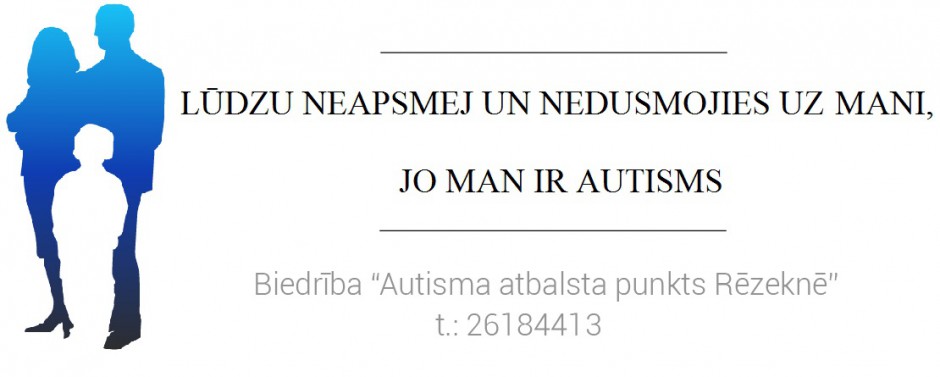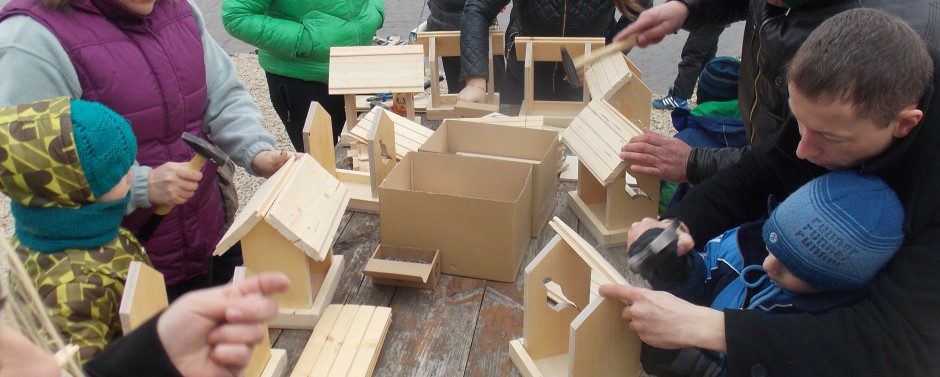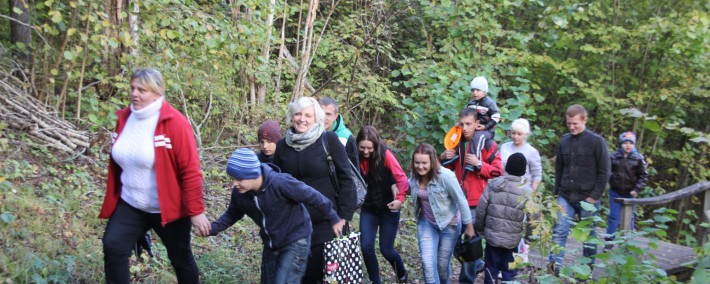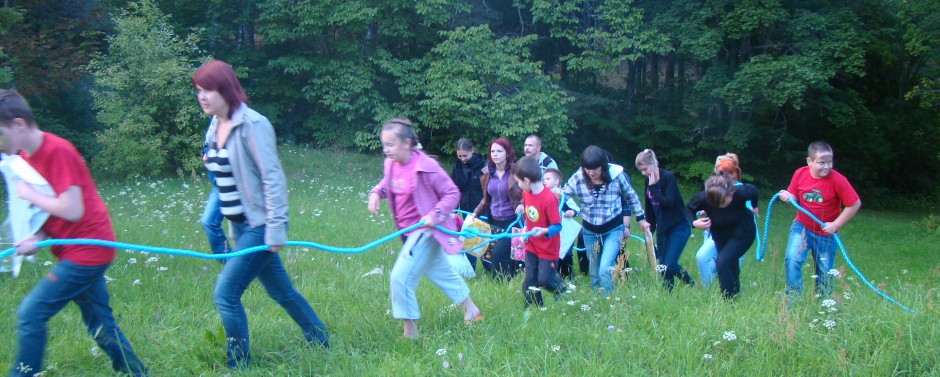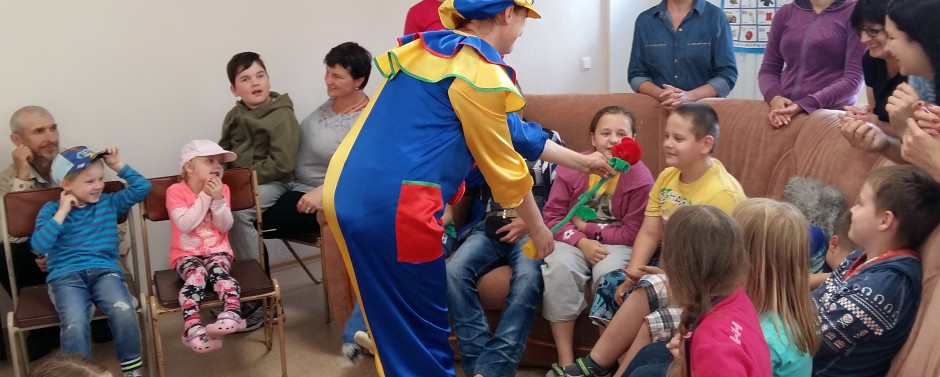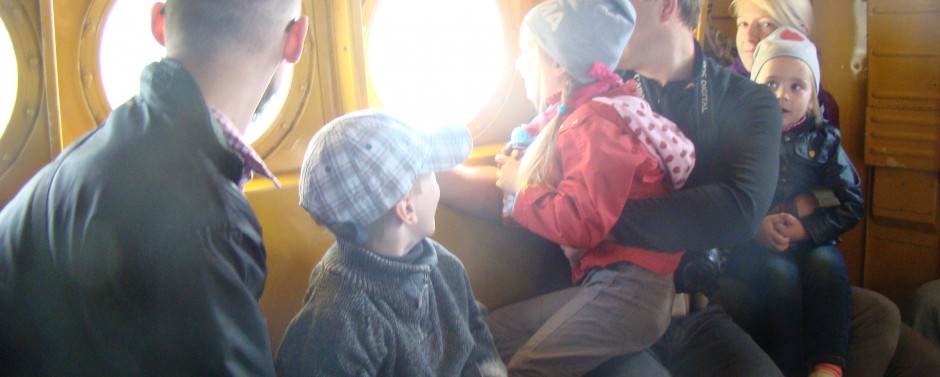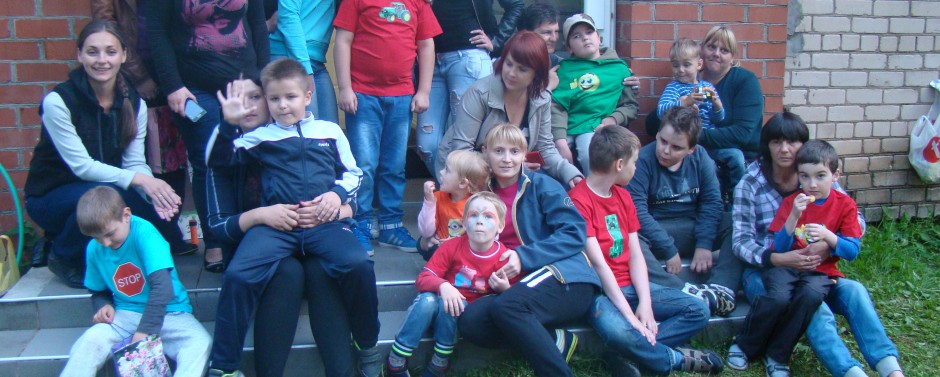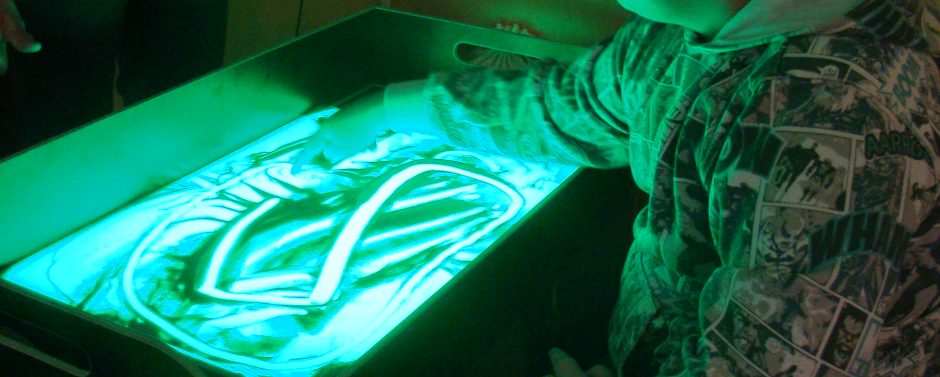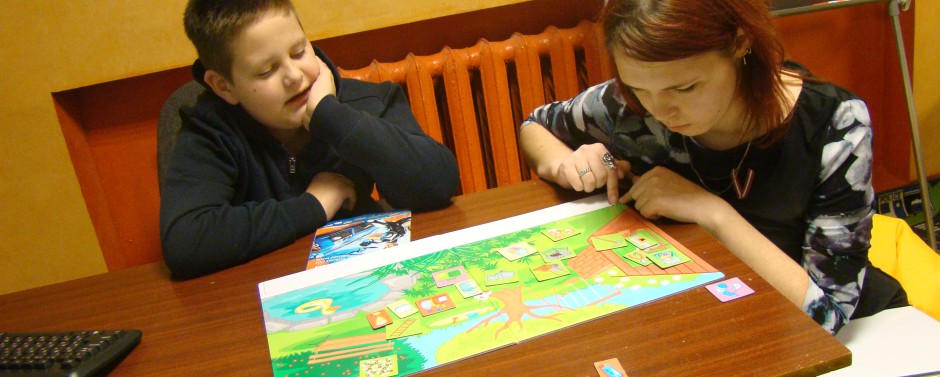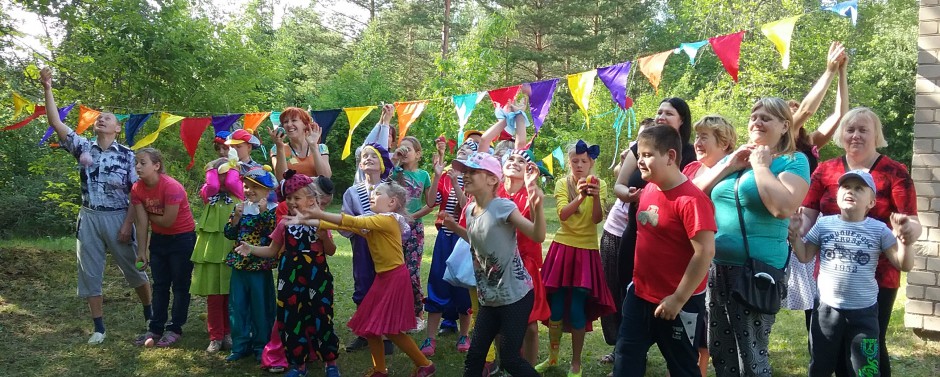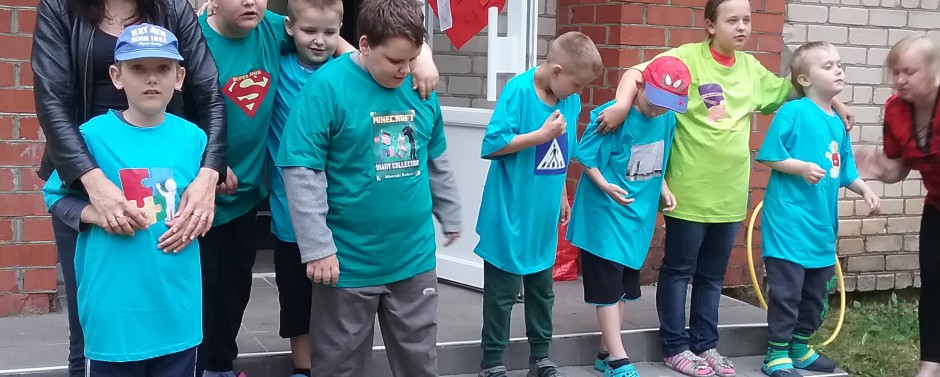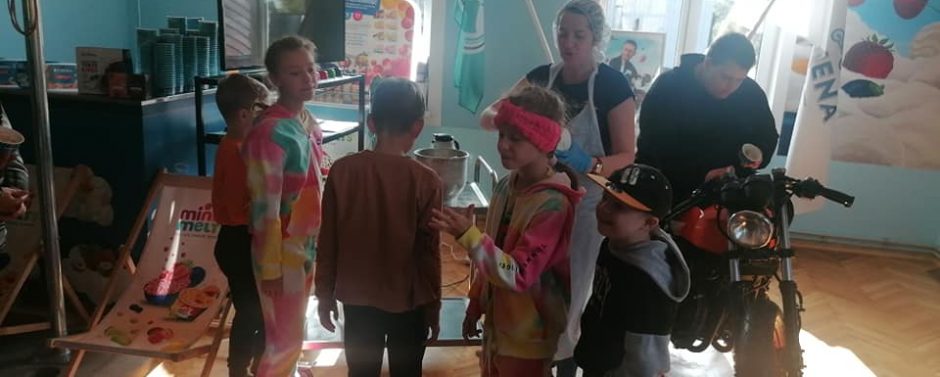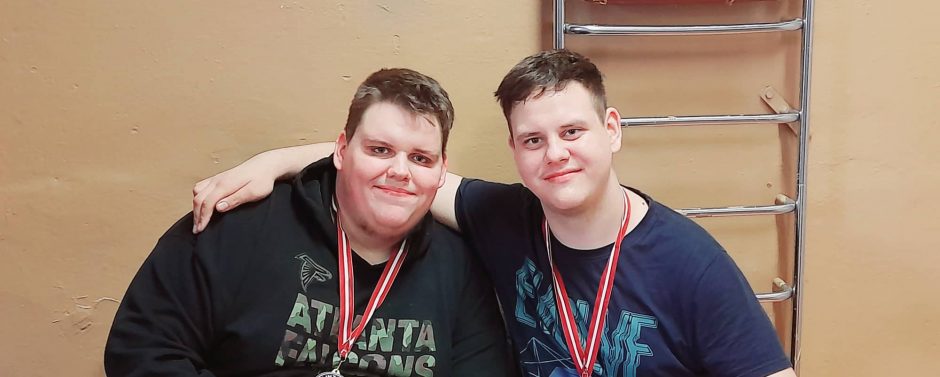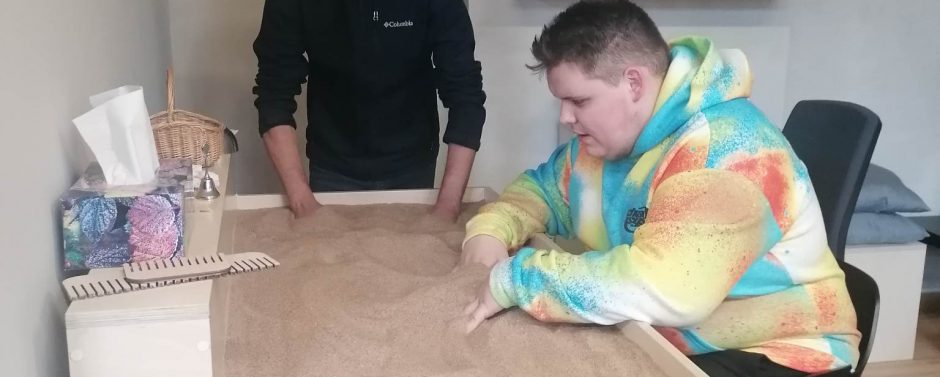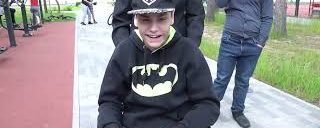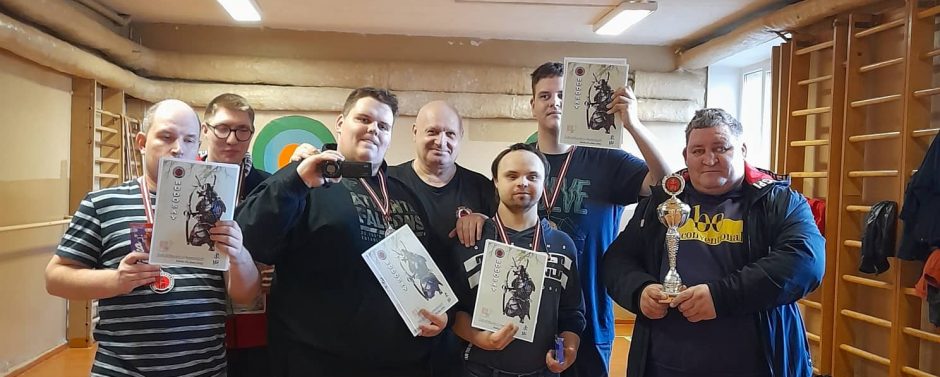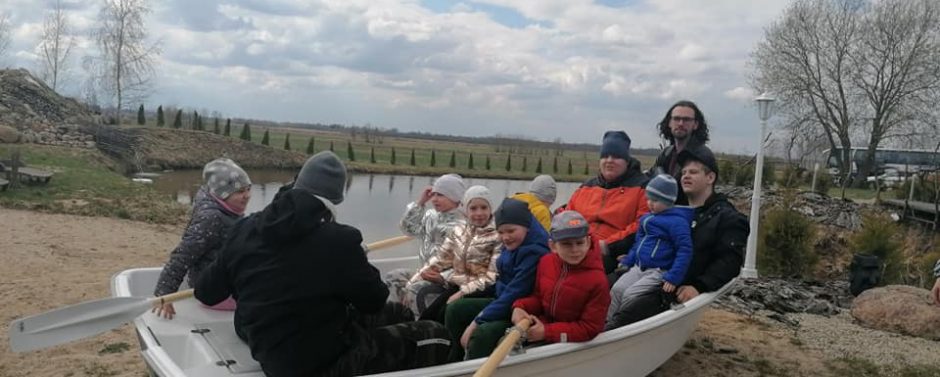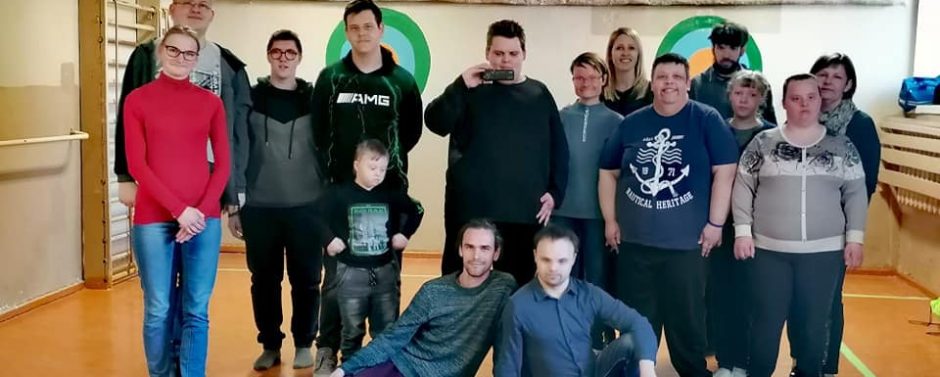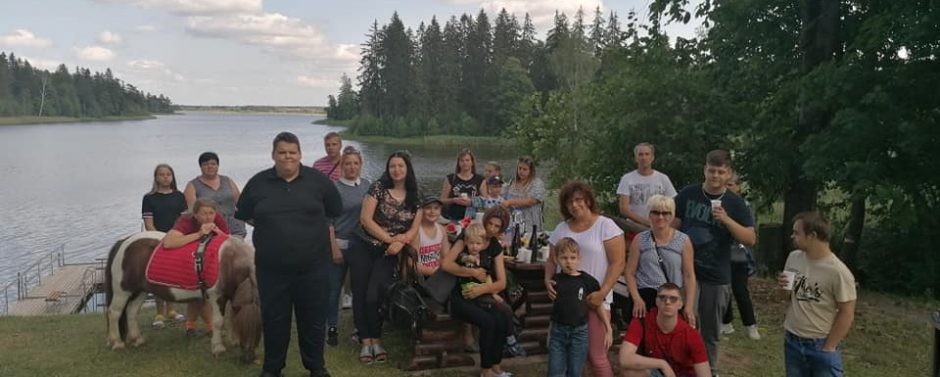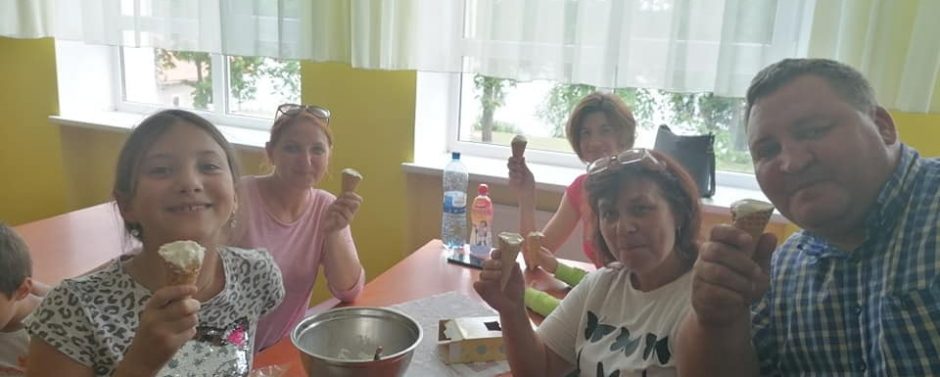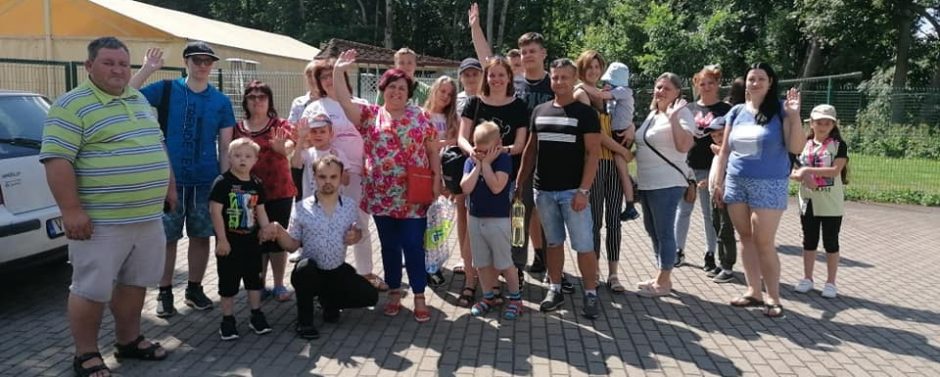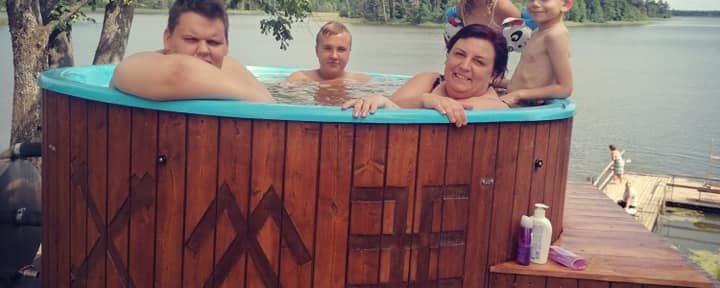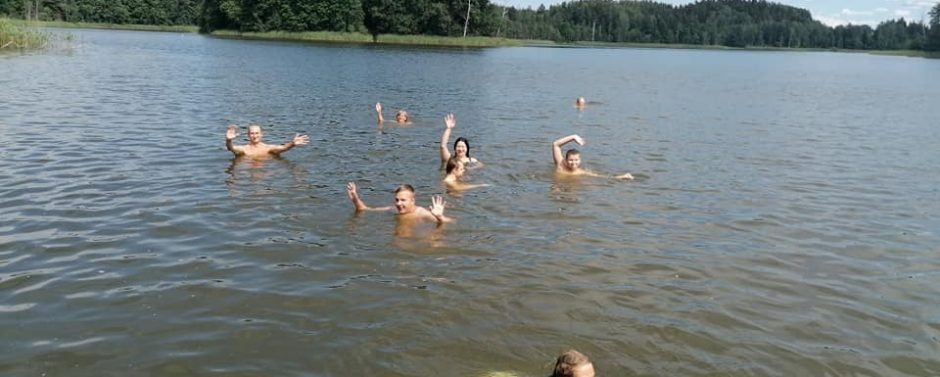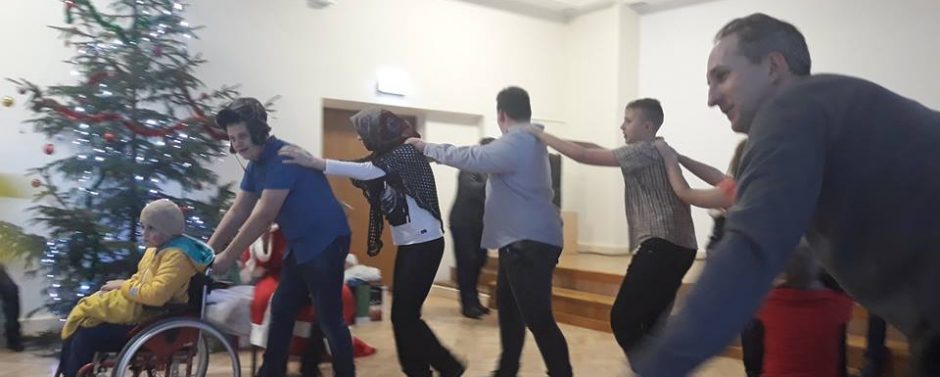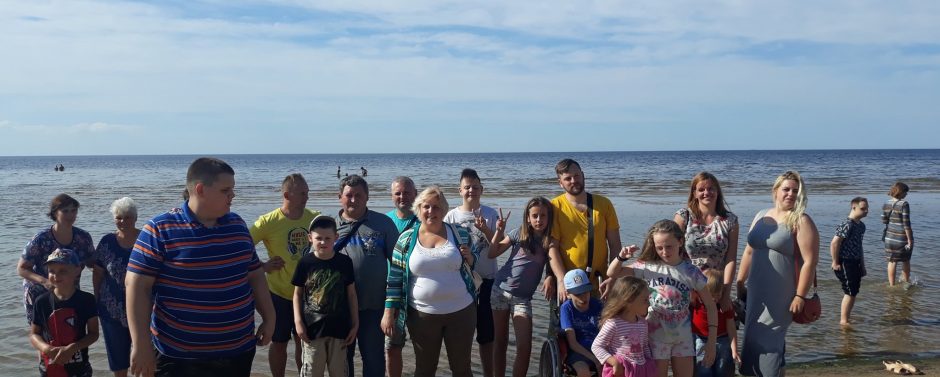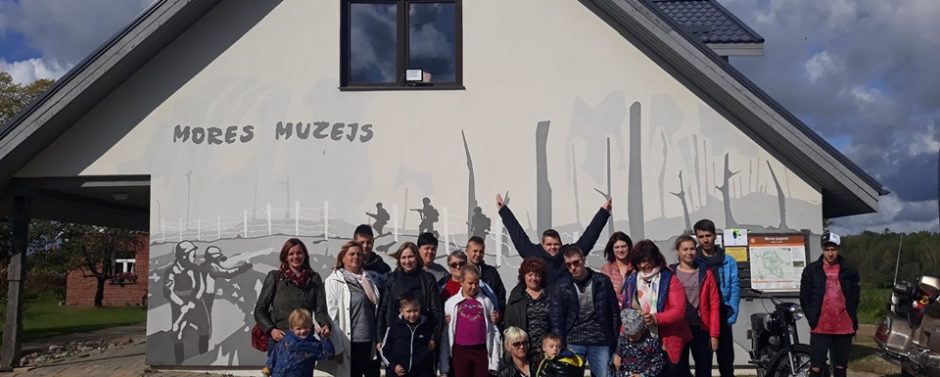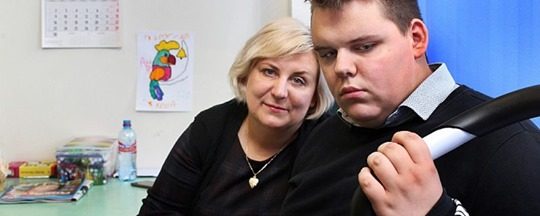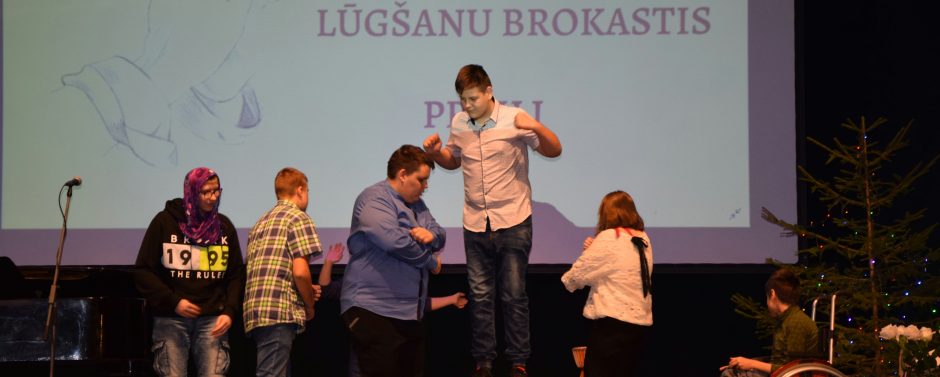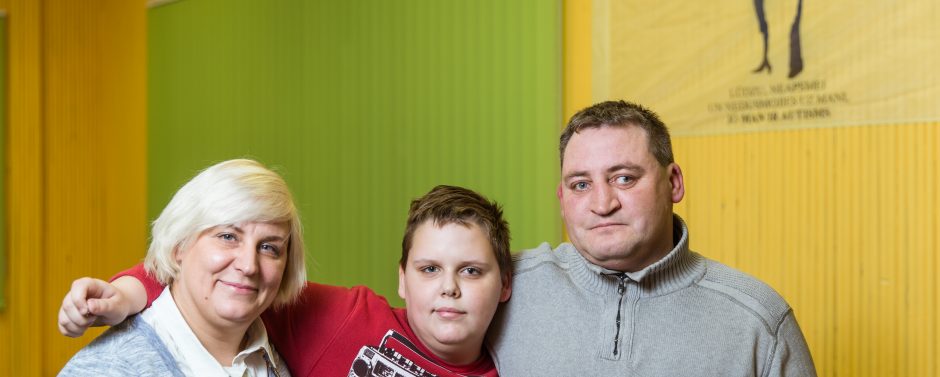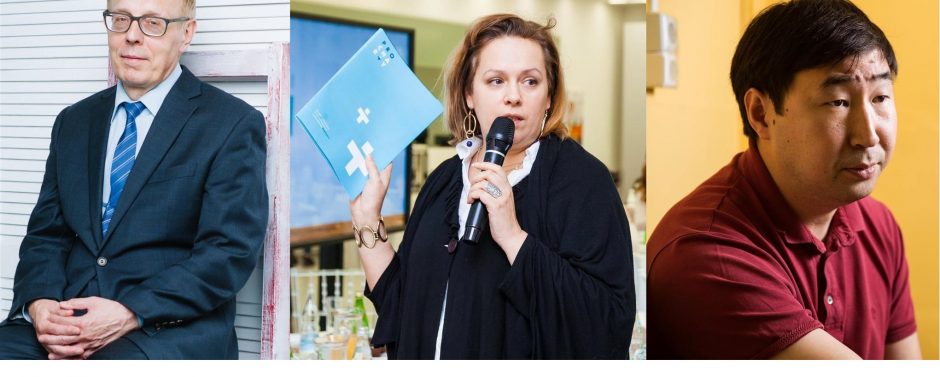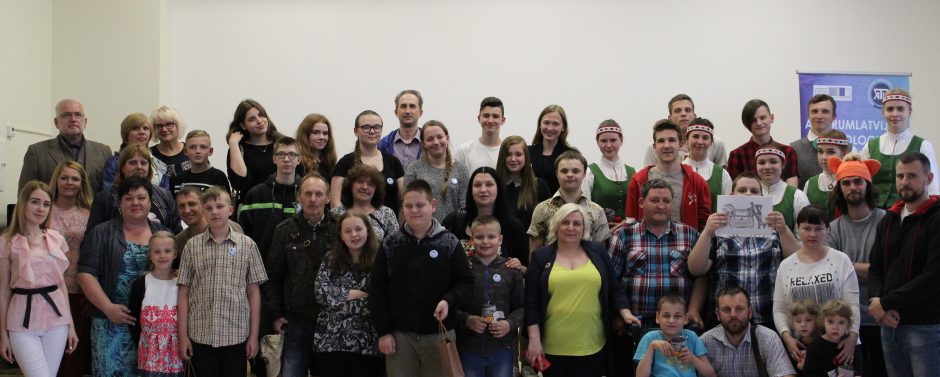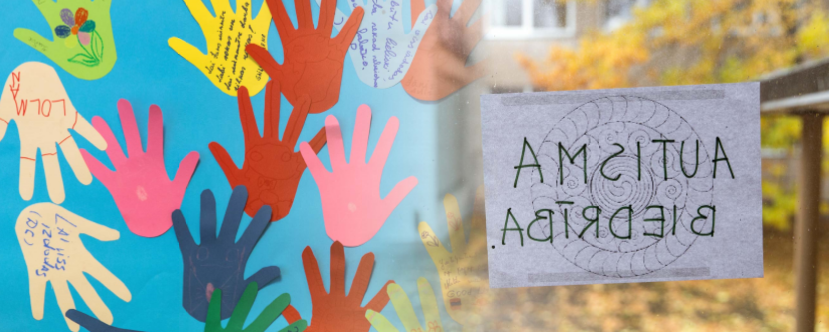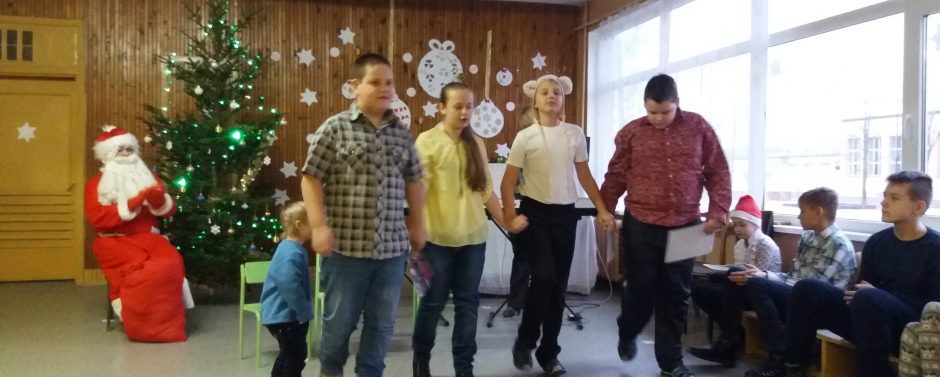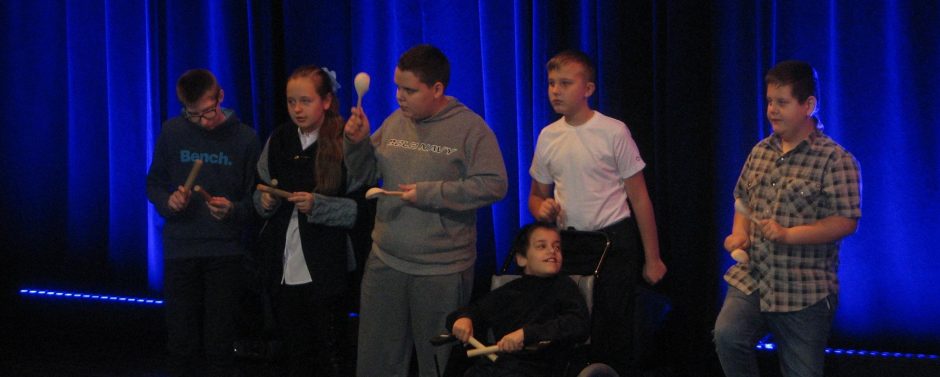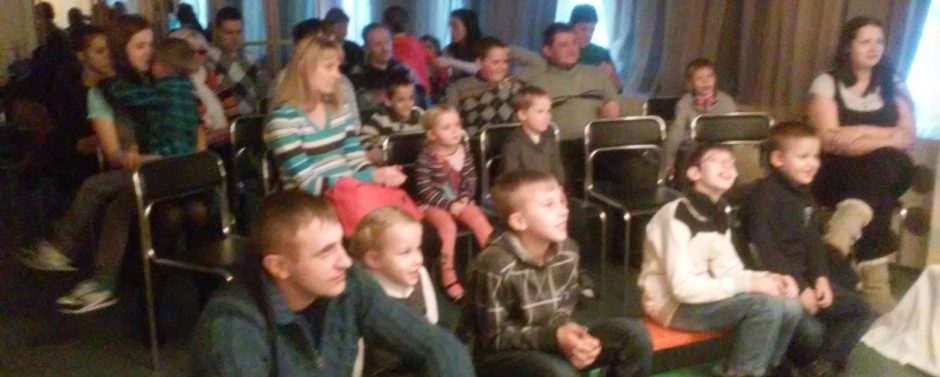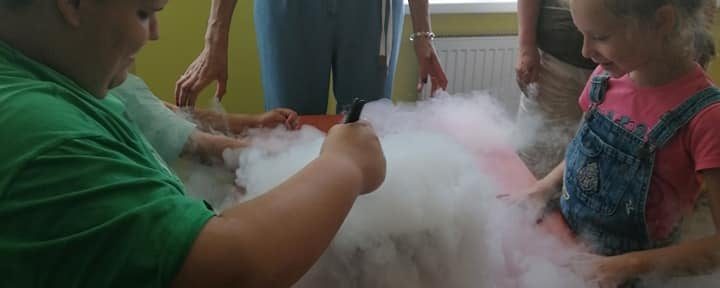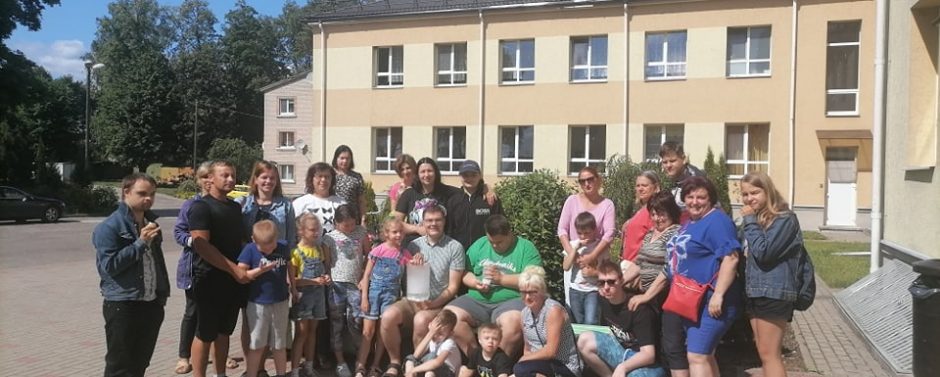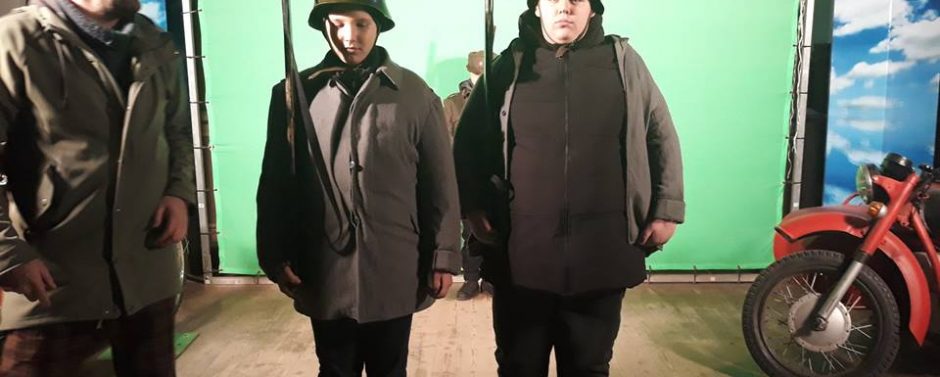Autism Support Centre in Rēzekne: Currently in our State System a Child with Autism Can’t Live a Full Life
The “Autism Support Centre in Rēzekne”, which unites families that have children diagnosed with autism, has been functioning in Rēzekne for seven years. The Society writes projects and attracts funding to be able to organize sessions for the children in the region, invite the specialists required and support each other. In an interview with the Latgale Studio of Latvijas Radio, the Society’s Board President Sandra Bičkova-Šilina told about the work of the “Autism Support Centre in Rēzekne”, what problems they have to face and what “autism” actually means.
—
In 2012, together with your husband you founded the Society “Autism Support Centre in Rēzekne”. Why was such a Society necessary in Rēzekne?
At the age of three my child was diagnosed with Childhood Autism; thus neither kindergartens, nor Social Services, nor the Education Management could help us in this matter because practically there was very, very little knowledge about autism in 2012; about the autistic spectrum in particular.
Thus we didn’t really have anywhere to go and we had to do something, because since my child was diagnosed, I spent two years trying to understand what autism is; how to approach it; how to work with it at all. I went to seminars in Rīga.
The Autism Society of Latvia was practically the only place where at the time any information was available at all.
There were consultations, seminars, but there was no individual work with the children. It is possible that it was available somewhere in Rīga, but I had not found it. Rīga is also too far, which is why it was necessary to work here with each child individually. Thus we needed premises in Rēzekne and individual sessions.
What happens in the Society, what activities, sessions take place?
We attract the specialists that we need – social educator, audiologist and speech therapist, physiotherapist, massage therapist.
We have a drama club, self-defence classes, a sensory room, music therapy, a speech and language pathologist, and in cooperation with the Saint Petersburg clinic “Doctrina” we also provide bioacoustics correction (BAC) sessions.
What does the autism diagnosis mean?
It means different thinking and different perception, to an extent. This is a fear of anything unfamiliar – fear of the street, fear of people, fear of dogs, fear of pigeons.
For example, if for an ordinary child eating and other processes are normal, to a special child everything needs to be taught, and it has to be taught throughout their entire life. Social communication is affected.
They are unable to communicate like you and me – freely and naturally. They need to be prepared for it, and this is huge work for years.
Is it easy to find specialists that can work with such children?
It is very difficult to find specialists. First of all, they are not taught anywhere. I know that they more or less teach specialists in Rīga, but this is an awfully expensive and long process. Not every parent can afford it.
Not all specialists want to work with special children. It is huge, hard work.
And I believe that we need to start by preparing specialists for these children. To a specialist who can work there is a long waiting list, with others you can’t get an appointment at all. This is everyday reality. There is a very high demand for such specialists in other cities and towns too, not just in Rīga.
How would you evaluate it now, can children with autism live a full life?
In the system that is currently in Latvia – no, they can’t. And I believe they won’t be able to for many more years. The impediment is the entire unorganized aid and support system.
Yes, there is the deinstitutionalisation process now, but it is short-term. OK, there will be these group homes or apartments, but for how long? The funding will end at some point. We need help every day.
The education system, special education is outdated. Schools don’t have special education programmes. Nobody works with autistic children. There are simply no education programmes for them. They study either in general education schools and receive an assistant or in special schools where their intelligence is lowered because they are placed together with mentally challenged children.
Many children with autism are very well developed intellectually. And another tendency – in special schools, children with different diagnoses are placed together in one class. This isn’t normal; it shouldn’t be like this.
For example, one has delayed mental development, another has hyperactivity, others have physical disabilities. However, children who have good intellectual development, who are able to learn, need a different system.
How many members does your Society have at the moment?
Thirty-two, but up to 100 people have applied for consultations, because there are no societies like this in other regions.
About help from the state. Since July 1, the benefit has been raised by a hundred euro; it currently reaches 313 euro. Can you now say that this benefit is more significant support?
First of all, it hasn’t been approved yet; we are still waiting for it. Well, what can these hundred euro do… I, for example, would like to comment on medical treatment. I would be ready to pay these hundred euro if I knew that my child will have a normal health check-up. Autistic children have big health problems in addition to their diagnosis. As soon as you tell the diagnosis, doctors refer you to each other, forcing you to go around in circles.
I would like the medical system to have the following system – when a diagnosis is received, to be able to receive an individual rehabilitation plan appropriate specifically for my child, which would state what I need to do; what specialists we need to see; which school we can go to and what the school can offer. And if all specialists cooperated in the healthcare, as well as the social sector, the parents wouldn’t have so many problems.






